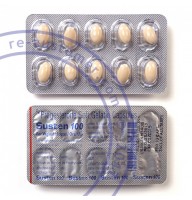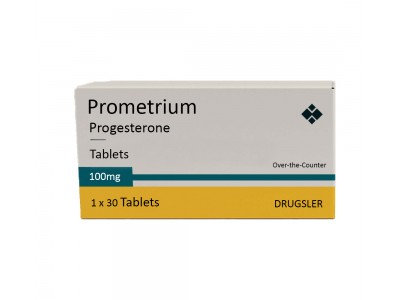Prometrium, which contains micronized progesterone, is typically metabolized and eliminated from the body relatively quickly compared to synthetic progestins. Here are some general considerations regarding how long Prometrium stays in your system:
Half-Life: The half-life of Prometrium is relatively short, estimated to be about 3 to 6 hours. This means that it takes this amount of time for half of the medication to be metabolized and cleared from the body.
Metabolism: After being taken orally or vaginally, Prometrium is absorbed and metabolized in the liver. The metabolites are then excreted primarily in the urine.
Duration of Effect: Despite its short half-life, Prometrium is often taken once daily or twice daily, depending on the dosage and the specific treatment protocol prescribed by a healthcare provider. This frequent dosing helps maintain consistent progesterone levels in the body to support the luteal phase or pregnancy.
Individual Variability: The duration that Prometrium remains detectable in the body can vary among individuals based on factors such as metabolism, liver function, kidney function, and overall health.
Clinical Considerations: In clinical practice, Prometrium is typically prescribed to be taken for a specific duration, such as during the luteal phase of the menstrual cycle or during early pregnancy. The dosage and duration of treatment are determined based on individual patient factors and the treatment goals established by the healthcare provider.
If you have specific concerns about how long Prometrium or its effects may persist in your system, it is advisable to discuss this with your healthcare provider. They can provide personalized guidance based on your medical history and treatment plan.

